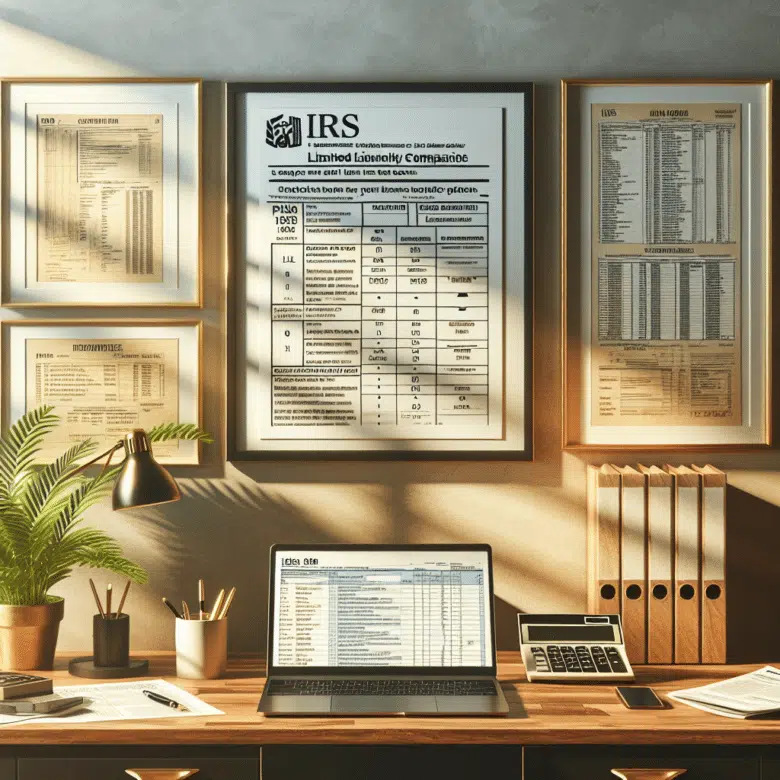Federal IRS Rules for your Hobby type Business
Post the 3-out-of-5-year rule and taxpayer misconceptions
When it comes to the question, Is it a Business or Hobby? Learn what the IRS are for using for decoding and deciding what kind of business you really have. The Internal Revenue Service (IRS) has established an administrative rule regarding their presumption of profit: An activity is presumed to have a profit motive if it produces a profit in at least 3 of the past 5 consecutive years, demonstrating a valid profit motive and potential business income. This practical standard for business classification, known as the IRS safe harbor rule, provides clarity for taxpayers. Publication 535: Business Expenses, IRS, p. 6.
This is merely an administrative rule used internally by the IRS. It does not have the effect of statutory law and it does not follow that an activity failing to produce a profit in at least 3 out of 5 years will be presumed to a not-for-profit activity. Yet many taxpayers have this misconception. No single factor constitutes evidence of profit motive, although some have evolved from case law and have been adopted by the IRS.
When it comes to running a business or pursuing a hobby, understanding Schedule C is crucial for tax purposes. Schedule C is a tax form used by sole proprietors and self-employed individuals to report their income and expenses from their business activities. By accurately filling out Schedule C, you can claim deductions for business expenses, which can help reduce your taxable income. Whether your venture is a full-time business or a side hobby, knowing how to use Schedule C effectively can make a significant impact on your tax liabilities. Rules for deciding: Business or Hobby Classification
What is a hobby?
A hobby business is an activity not engaged in for profit. The term hobby suggests an activity that is personal and recreational in nature. It is unlikely that an electrician would be concerned about having his/her business classified as a hobby. Alternatively, a skydiving instructor, who also engages in this sport for leisure activity, personal pleasure or recreation, may be a more likely candidate for IRS scrutiny and hobbyists’ loss classification.
If you earn hobby income from a side hustle, the IRS no longer allows you to deduct hobby-related expenses, such as business deductions, to offset your other income. This is a fairly recent change — prior to the 2018 Tax Cuts and Jobs Act, hobbyists were allowed to deduct miscellaneous expenses up to the amount of hobby income they earned. As of tax year 2023, you cannot deduct hobby expenses, including net loss.
Key features
A key feature of a legitimate business is that people do it to make a profit and earn extra money. As a business owner, you can deduct ordinary and necessary business expenses in full. Also, people usually engage in a hobby for sport or recreation, not to make a profit or earn extra money. Consider nine factors when determining whether an activity is a hobby. Make sure to base the determination on all the facts and circumstances. For more about ‘not-for-profit’ rules, see Publication 535, Business Expenses. A written business plan is often a prerequisite for indicating an intent for profit, and it can also show ways in which you are modifying your business to cope with losses.
Furthermore, in making the distinction between a business or hobby activity for tax purposes, take into account all facts and circumstances with respect to the activity. A hobby activity is done mainly for recreation or pleasure, but it can also provide some extra income. No one factor alone is decisive. You must generally consider these factors in determining whether an activity is a small business entity engaged in making a profit.
Main Factors to consider for determining if it is a Small Business or Hobby Income
Do you carry on the activity in a businesslike manner and maintain complete and accurate books and records?
Whether the time and effort you put into the activity indicate you intend to make it profitable. 500 Hours Minimum
Do you depend on income from the activity for your livelihood?
Whether your losses are due to circumstances beyond your control (or are normal in the startup phase of your type of business).
Do you change your methods of operation in an attempt to improve profitability?
Whether you or your advisors have the knowledge needed to carry on the activity as a successful business.
Are you being successful in making a profit in similar activities in the past?
Whether the activity makes a profit in some years and how much profit it makes.
Can you expect to make a future profit from the appreciation of the assets used in the activity?
Allowable hobby deductions.
Taxpayers can usually deduct ordinary and necessary business expenses within certain limits: But if you have a hobby your deductions are limited to using them on a Schedule A form. Otherwise, the taxpayer just gets to pay tax on the hobby income without any deductions. Yes, this really is harsh but it is the law.
Limits on hobby expenses.
Taxpayers can generally only deduct hobby expenses up to the amount of hobby income and only on Schedule A. If hobby expenses are more than its income, taxpayers have a loss from the activity. However, a hobby loss can’t be deducted from other income.
How to Deduct Hobby Expenses
Taxpayers must itemize deductions on the Schedule A of their Tax return to deduct hobby expenses. Expenses may fall into three types of deductions, and special rules apply to each type. See Publication 535 for the rules about how to claim them on Schedule A, Itemized Deductions.
Hobby Tax Pitfalls that will cost you huge money
For some reason, people who have a full time W2 job decide that they want to get involved selling a product or service that they like or use. An example would be Avon or Mary Kay. They sign up to sell these items. Then purchase products at a discount to use and sell to their friends. They may go to meetings that tell them that they can write off their vacations to Florida or Las Vegas as long as they attend the company event. So, at the end of the year their sales were $700, and their expenses were $5300 that they think they can write off. But, on review, they can’t meet all of the qualifications to be a true business (see Main Factors above).
Business or Hobby Outcome
Therefore, the $700 gets added to their income and -0- expenses get used because they don’t have enough deductions to use the Schedule A. So, don’t start a hobby that pretends to be a business.
What distinguishes a business from a hobby?
The IRS distinguishes a business from a hobby based on several factors. Some key factors include the intent to make a profit, the effort and time invested in the activity, and whether or not you depend on the income from the activity for your livelihood.
Can a hobby turn into a profitable business?
Yes, a hobby can turn into a profitable business. However, there are specific criteria that need to be met in order for the IRS to consider it a business rather than a hobby. These criteria include factors such as the intent to make a profit and the effort and time invested in the activity.
What are the advantages of running a business compared to having a hobby?
Running a business offers several advantages over having a hobby. These include the ability to generate income, potential tax deductions, professional credibility, scalability, and the opportunity to turn your passion into a profitable venture.
Can you deduct expenses related to your hobby on your taxes?
No, you cannot deduct expenses related to your hobby on your taxes. The IRS only allows deductions for business expenses that are necessary and ordinary for the operation of a business. Hobby expenses are considered personal expenses and do not qualify for tax deductions. During an IRS audit the deciding factor most likely will be related to your ability to make money on the activity.
Can a side hustle be a hobby?
Yes, a side hustle can be considered a hobby depending on the individual’s intentions and level of commitment. If the activity is primarily done for enjoyment or personal fulfillment rather than with the intention of generating significant income or running a business, it may be classified as a hobby.
Read More




